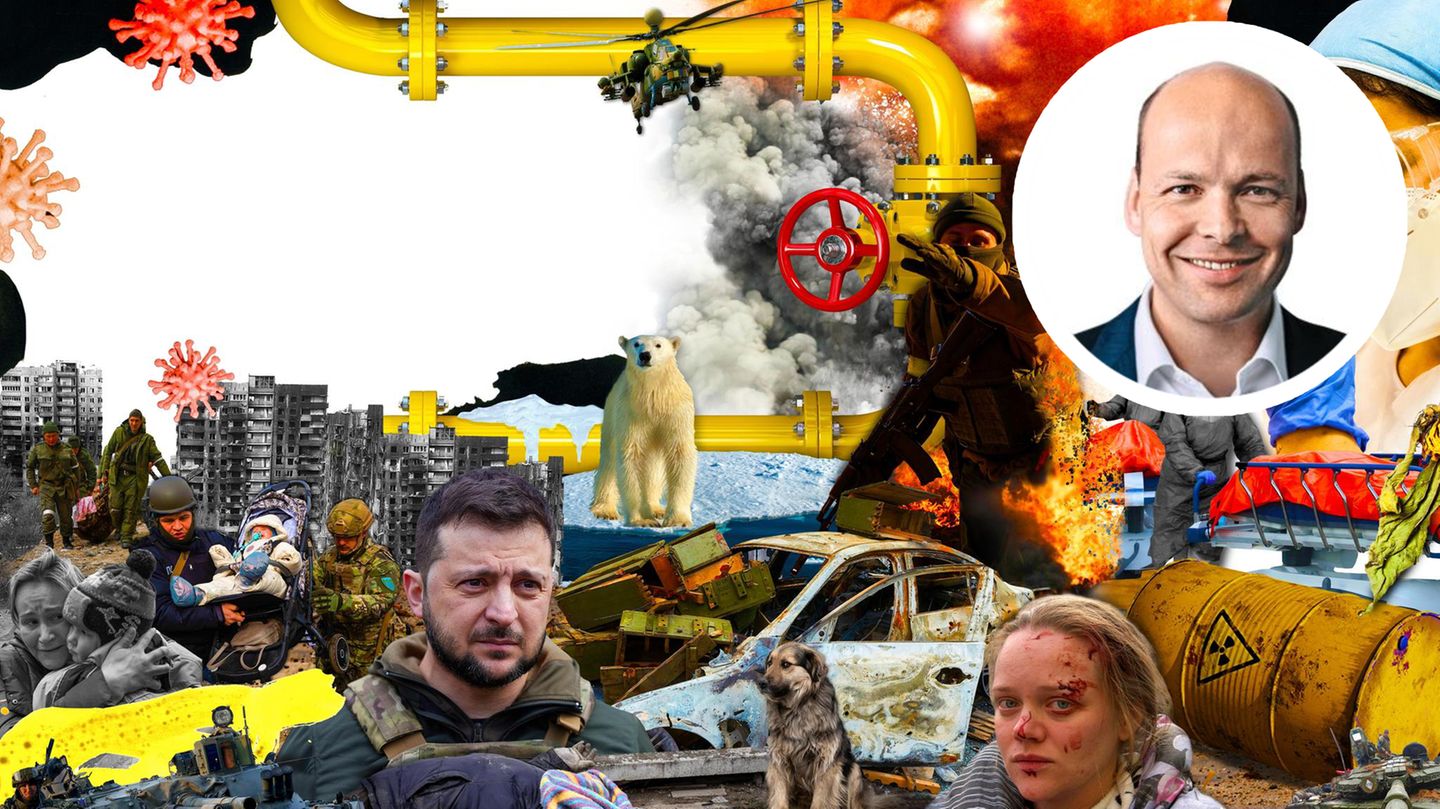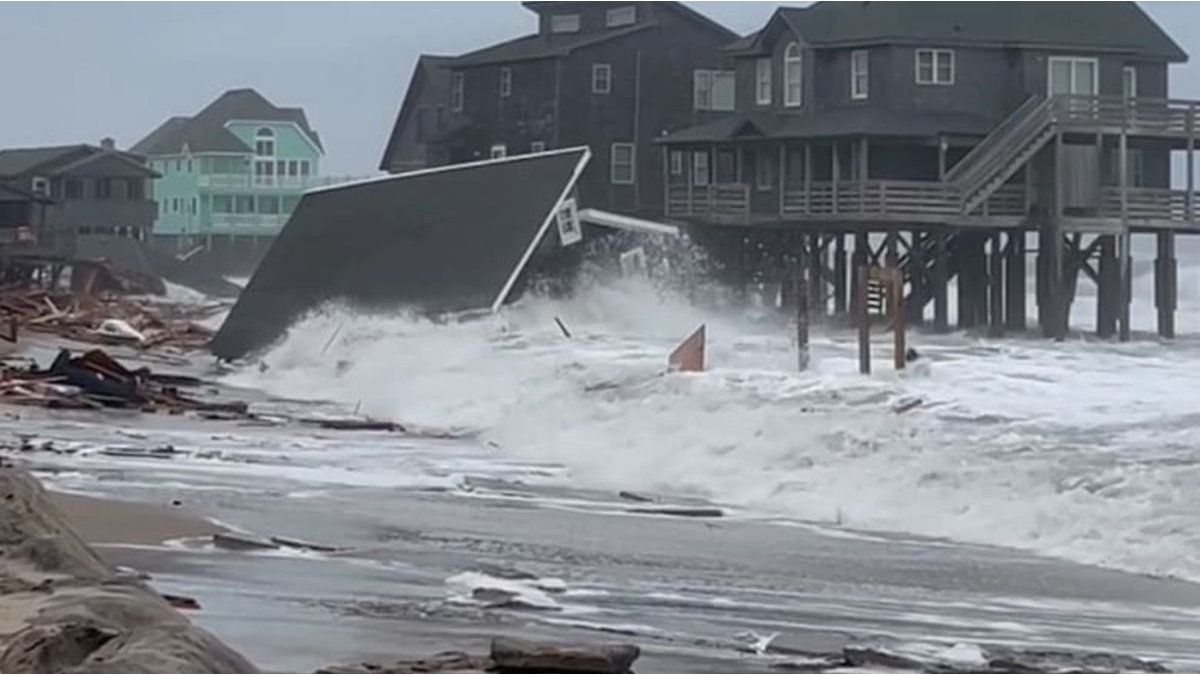column
In this war, many demands seem obvious. The reality is more complicated. Yes, our future is suddenly of a diffuse gloom.
Olaf Scholz likes to play an unspoken game with his conversation partners: I see something that you don’t see. Especially when journalists ask stupid questions, which of course they usually do, he makes those present feel that they do not understand something (which he has long thought through) and do not anticipate (which he has long foreseen).
This game has reached its limits since the outbreak of war because Scholz’s communication failed. The form of silent arrogance no longer works. Annalena Baerbock provides the clarity, Robert Habeck classification, superstructure and doubts at the same time. The Chancellor delivers uncertainty in uncertain times. At least that’s how he seems.
Nothing is clear and simple anymore. Everywhere you look you only see: crisis
But that doesn’t mean that he no longer thinks things through ahead of time. In this conflict, we only seem to have clarity and unambiguous solutions. Even if there seem to be clear moral imperatives on the question of heavy weapons or a gas ban. We have basically only one bet on, a fragile bet of hope while there is destruction and killing: that if Russia is weakened enough, there will soon be peace. But what does that mean if it is not even clear what victory and defeat will mean in a war that on the one hand is not even called war?
Nothing is clear and simple. Yes, I even find the situation downright confused and diffuse, and that applies not only to the war, but to the entire global economy, where since the beginning of the year the hope of recovery, yes, finally corona-free growth, has turned into a diffuse gloom . The International Monetary Fund has just cut all forecasts, almost halving them for Germany. The federal government also reduced its growth expectations this week from 3.6 to 2.2 percent – and immediately pointed out that the sudden end of Russian gas supplies would lead directly to recession.
Sometimes you don’t even know where to direct your horror and worry – we look at Bucha and Mariupol, of course, but no longer at Shanghai or Shenzhen. Crisis managers, whether in politics or in business, are reminiscent of the musicians in pedestrian zones who play five instruments at the same time. Crises accumulate, overlap, become entangled. It’s actually a miracle that supply chains are still chains at all and not particles and scraps.
The danger of a break in prosperity could tear Europe apart
I am assuming that the chancellor has this danger in mind, from chain reactions, cascades of effects, be they geopolitical, military – or in the energy supply. Everything sounds simple and clear at first: stop gas immediately! More wind turbines, more solar, more heat pumps plus floating LNG terminals. For real? Experts doubt that the fourth largest economy in the world can be run like this in the short term and then in the long run; it’s like an athlete running a marathon with a drip stand.
We’re not talking about dents that can be ironed out with short-time work and KfW loans. This danger of a loss of prosperity, even a break in prosperity, is real and not just limited to Germany. It could tear Europe apart. Our energy supply is teetering on an abyss.
I imagine Scholz constantly flickering through these scenarios. Which he shouldn’t let us feel. Which doesn’t mean that it’s wrong to weigh things up or hesitate if you’re clear about the matter with Moscow: You won’t do any more business with Putin’s Russia. Unwind as quickly as possible, unravel what was too tightly intertwined, get out there, write it off. However, there is an illusion in some hasty demands, a self-deception on the timeline: we say that the crisis is epochal and will shape it for decades. But many hope that the horrible spook will soon be over. In summer, like with Corona. This war is not a wave.
Source: Stern
David William is a talented author who has made a name for himself in the world of writing. He is a professional author who writes on a wide range of topics, from general interest to opinion news. David is currently working as a writer at 24 hours worlds where he brings his unique perspective and in-depth research to his articles, making them both informative and engaging.




